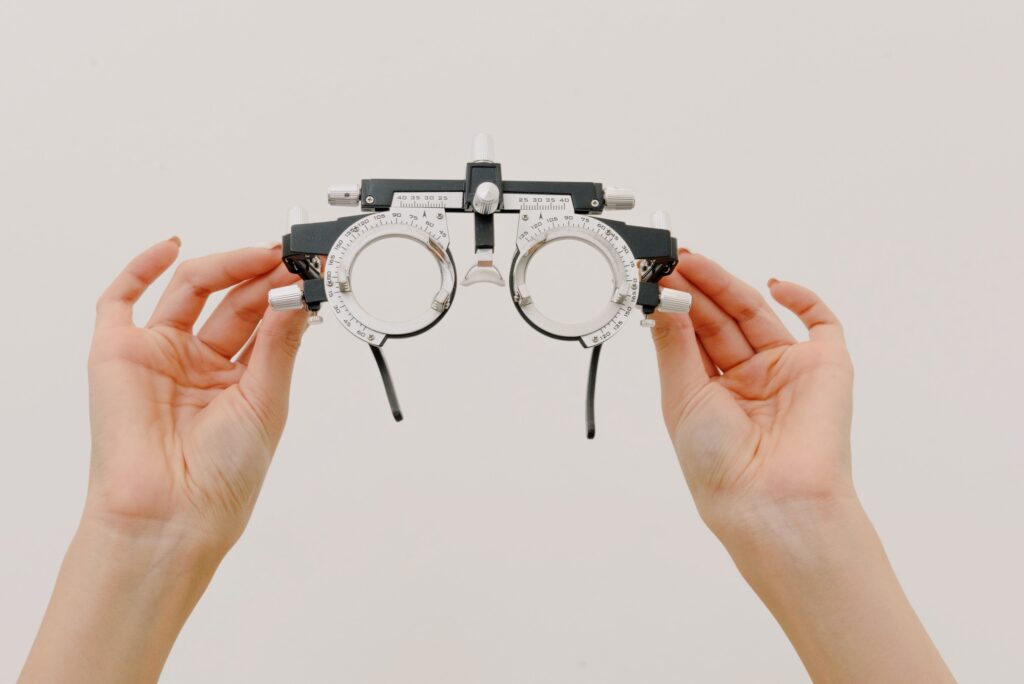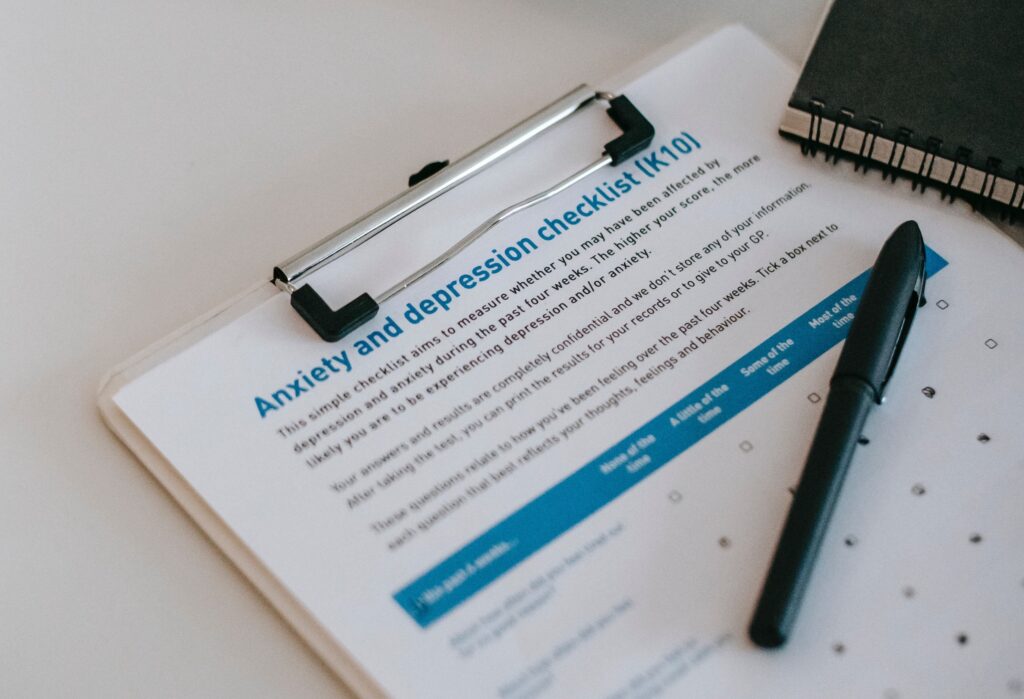Desperately seeking attachment bonds without healthy ways of maintaining those bonds? Research has begun to study these patterns and consider them characteristic of love addiction. So how do therapists understand and help clients facing love addiction?
Love addiction is an excessive and pervasive interest in a romantic partner that results in the loss of control or continuation of the relationship. This occurs despite awareness of behaviors that contribute to that loss. Clients facing love addiction typically experience extreme dependence on the romantic partner, including a need for their presence to fulfill the individual’s sense of self.
If this sounds like it has the flavor of “anxious attachment” style, you are on to it. Recent research finds this pattern is associated with fearful/preoccupied attachment style (aka “anxious attachment”).
Furthermore, low self-esteem appears to be the major contributor to love addiction and many unhealth behaviors. Coupled (no pun intended) with previous research finding that low-esteem of one partner is associated with overall lower relationship satisfaction for both partners, this creates a double-whammy.
This usually forms a pattern of continuous heart-break. So how can therapists help people facing love addiction break that pattern? The Cognitive Behavior Institute has a good training aimed at helping clients do just that.
Pros: This training boasts a strong awareness-building component. That is, it focuses on helping clients understand love addiction and recognize it in their thoughts, emotions, and behaviors. It also gives focus to helping clients compare those reactions with healthy attachment behaviors that maintain relationships.
Limits: This training discusses the role of therapists and provides some tips for working with clients, but it does not train therapists in a complete mode of therapy. That is, it does not provide a full or partial therapeutic modality to address the specific difficulties of love addiction. For therapists seeking interventions focused more on attachment itself, other trainings help build a more secure attachment style.
Facing love addiction can be a difficult and heart-breaking experience. At least an increased understanding of love addiction will provide more therapist resources and more ways clients recognize patterns that work against their relationship goals.














